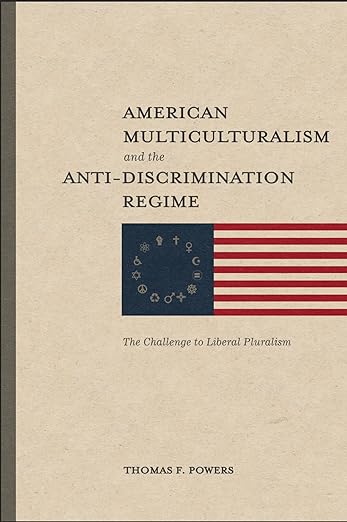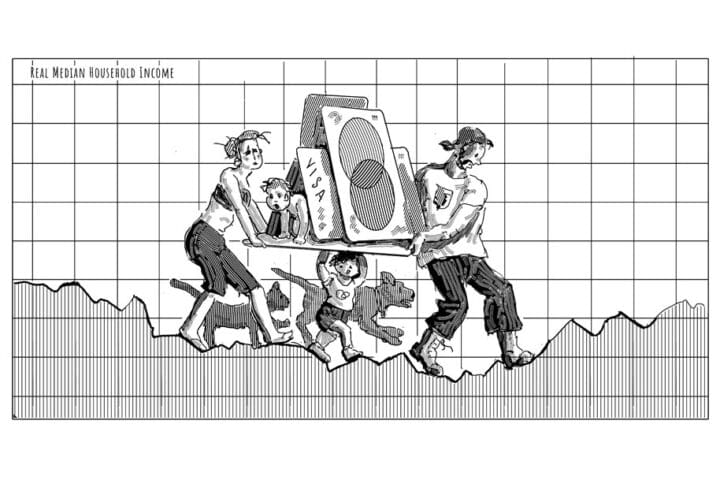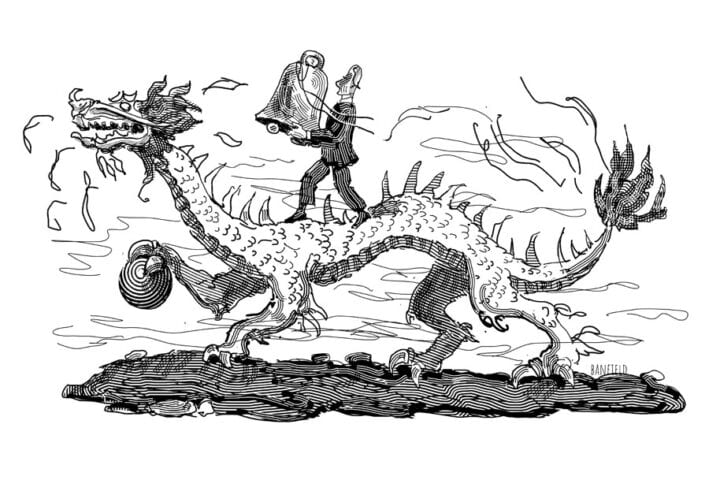Books Reviewed
The American Right is undergoing an important transition, from blaming contemporary ills on political actors and programs to indicting the entire system. This transition has ushered in a new era of “regime discourse,” featuring a host of allegations against our ruling elites and even proposals to initiate a “regime change” to overhaul the current order.
Two issues are often obscured in this regime talk. Which institutional and cultural arrangements constitute our governing system? And who or what created these arrangements?
These questions are at the heart of Thomas F. Powers’s American Multiculturalism and the Anti-Discrimination Regime: The Challenge to Liberal Pluralism. A professor of political science at Carthage College, Powers divides his book into three roughly 100-page segments, with each section detailing a specific feature of the ruling regime. Part I argues that our governing system is an anti-discrimination regime that operates according to a multicultural ethos. This section provides a broad and helpful background on various areas of civil rights law, with a focus on how civil rights law transformed American education. Part II traces the origin of multiculturalism to the late 1960s, with the rise of the “multicultural ideology” developed by University of Washington professor James A. Banks. This section provides the meat of the





